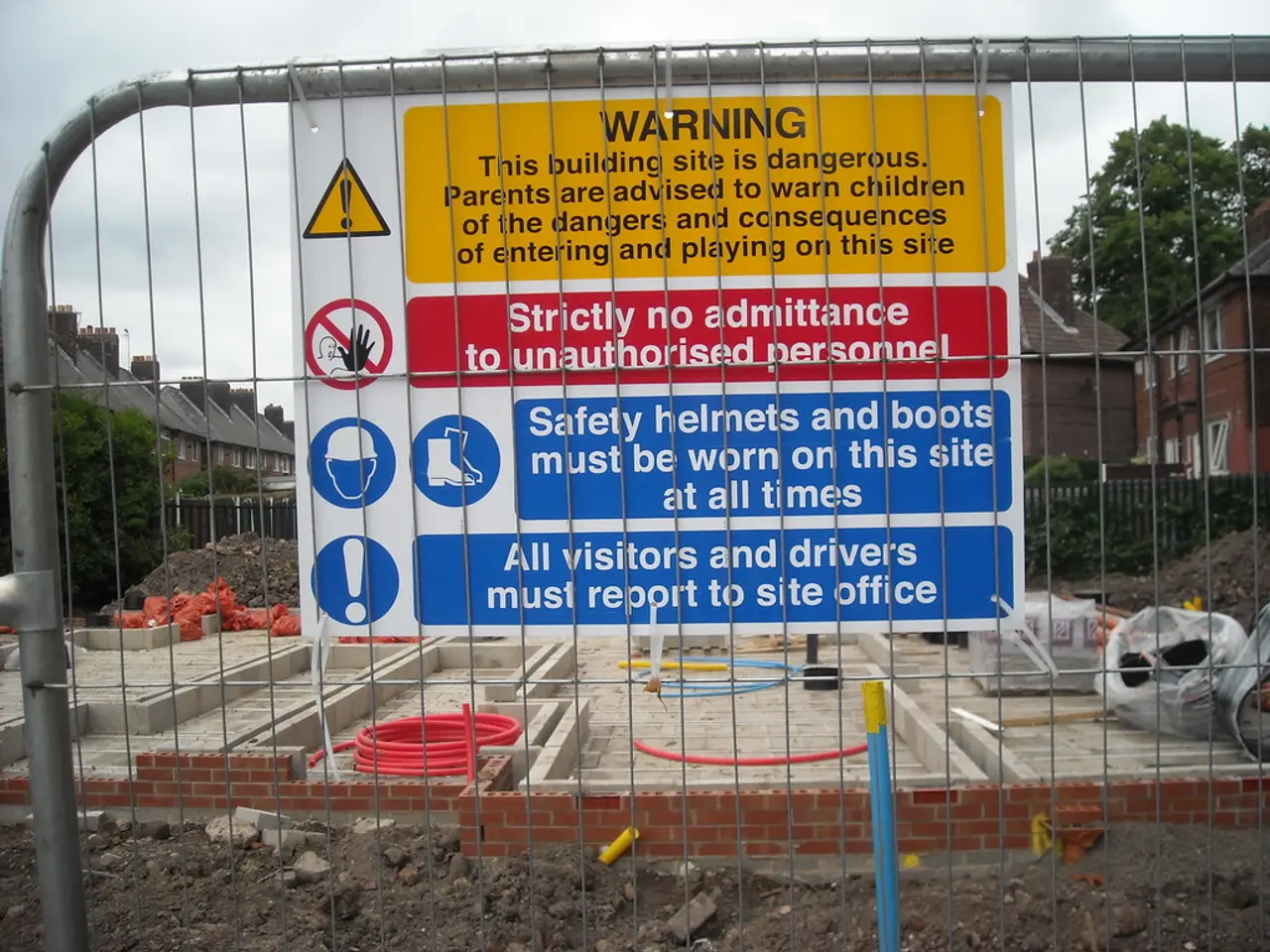Information on Land Registration Documents
In India, property ownership and transactions are governed by a variety of land registry documents. These documents provide legal proof of ownership, tax declarations, transaction history, and land use classifications. Here's a breakdown of the major types of land registry documents in India:
1. **Sale Deed**: The primary legal document that proves the sale and ownership transfer of a property. 2. **Khata/Patta Certificate**: Establishes the property’s identity and confirms it is registered for local municipal taxation purposes. 3. **7/12 Extract (Record of Rights)**: Details land ownership, classification, and usage; commonly used in states like Maharashtra. 4. **Encumbrance Certificate (EC)**: Shows the transaction history and any existing liens or mortgages on the property. 5. **Mutation Register Extract**: Records changes in ownership in local revenue records, especially significant in gram panchayat areas. 6. **Land Survey Reports / FMB Sketch**: Depicts the exact dimensions and boundaries of the land. 7. **Land Use Conversion Certificate**: Indicates approval to change the land use (e.g., from agricultural to residential). 8. **Copy of Approved Building Plan**: Confirms the building complies with local regulations and is legally approved.
These documents collectively ensure legal clarity, prevent disputes, and are essential for property transactions, loans, and inheritance processes.
### Obtaining Land Registry Documents Online or Offline
#### Online:
Most states in India now offer online portals where you can access or apply for land registry documents digitally. The general process involves visiting the official land records website or revenue department portal of the relevant state, selecting the desired service, entering necessary details, verifying the information, paying any applicable fees online, and downloading or viewing the document electronically.
For example, West Bengal's *Banglarbhumi* portal allows citizens to view Records of Rights (RoR), Khatian, mutation status, and more by logging into the site, selecting services under "Citizen Services," filling property details, and making online payments if required. Tamil Nadu's portal also offers similar services. It is essential to use correct survey or door numbers and verify online records with physical documents for accuracy.
#### Offline:
To obtain land registry documents offline, visit the Sub-Registrar’s Office or local land revenue office in the respective region. Submit an application with the required details and pay the prescribed fees. Request physical copies of documents such as Sale Deed, Mutation Register Extract, Khata Certificate, etc. In rural areas or gram panchayat zones, mutation and other land records may be maintained at the village or taluk office and can be obtained by applying there.
### Important Tips: - Always cross-verify online land records with physical documents to avoid discrepancies. - Use exact details—wrong survey numbers or urban-rural mismatches can lead to no results. - Some older records may still only exist in physical format and require in-person application.
In summary, India’s major land registry documents cover ownership proof, tax declarations, transaction history, and land use classifications. These can increasingly be obtained through state government portals or traditional government offices, ensuring transparency and ease of access for property owners and buyers. The Digital India Land Records Modernisation Programme (DILRMP) aims to reduce fraud, improve transparency, and make property transactions easier.
- Investing in real-estate in India necessitates thorough research and understanding of the various land registry documents, such as the Sale Deed, Khata/Patta Certificate, 7/12 Extract, Encumbrance Certificate, Mutation Register Extract, Land Survey Reports, Land Use Conversion Certificate, and Copy of Approved Building Plan, which are essential for property transactions, loans, and inheritance processes.
- To complement personal-finance management, exploring online platforms for accessing land registry documents like the Banglarbhumi portal in West Bengal or Tamil Nadu's portal can provide great convenience. However, it's always crucial to cross-verify online land records with physical documents to prevent any discrepancies.




